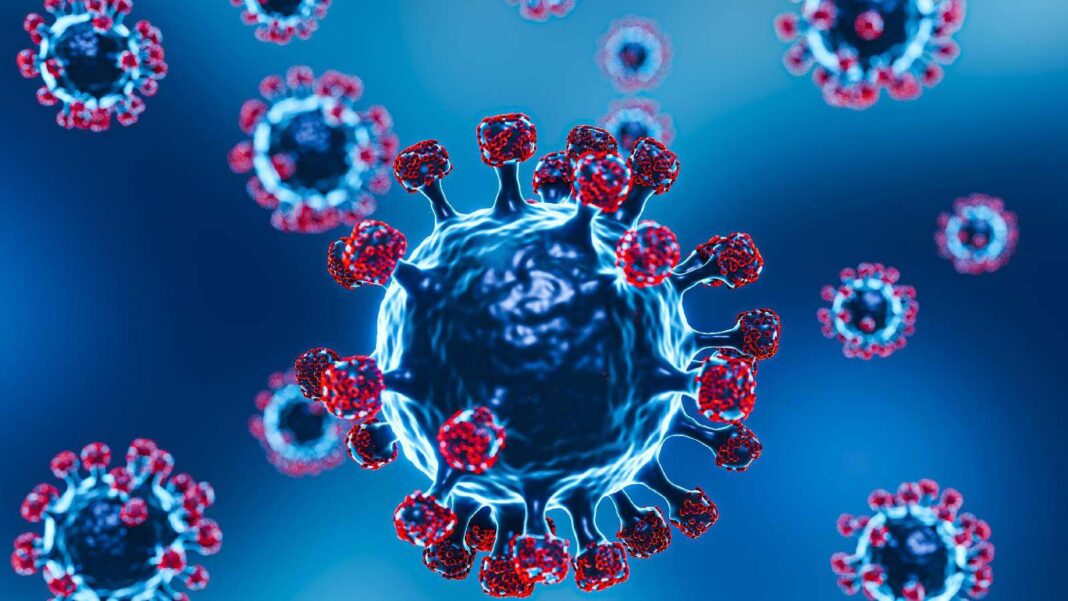The covid incubation period remains to be quite a confusion. With the new variant J.N.1 coming, here is all that you need to know.
Our days of dreading the phrase, ‘tested positive’ seems to have returned in light of the new variant of Covid-19, JN.1. While we have been dealing with Covid 19 for over three years now, there still seems to be some confusion on Covid incubation period or when symptoms will surface, whether to get tested or not, how many days to quarantine and so on.
Be it Omicron, Delta, or the new Covid variant JN.1, the Covid incubation period, symptoms, and recovery change drastically. Health Shots got in touch with Dr Suchismitha Rajamanya, Lead Consultant and HOD – Internal Medicine, who tells us all about the Covid incubation period, when to get tested, and how to protect your family from Covid 19.
What is Covid-19 incubation period?
Incubation period is the number of days it takes for a person to start showcasing symptoms. In the case of Covid, this period is when the person will start to exhibit throat discomfort, fever and other symptoms. “The incubation varies between 3 to 15 days,” explains Dr Rajamanya. This is the time when people quarantine so that they can prevent the infection from spreading to their family members.

How long do you need to wait for the symptoms to start?
Although there have been different variants of Covid 19, the Covid incubation period remains similar as symptoms could surface anytime in between, and one needs to be careful, says Dr Rajamanya. “Symptoms could start anywhere between 3 to 15 days. If we have come in contact with a covid positive patient, an individual could show symptoms during this time. There has been no difference in the time frame between JN.1 variant and its predecessors,” she adds.
When do I need to take the Covid-19 test after being exposed?
Is a text from your friend, who you have met recently, confirming that he or she has Covid enough for you to get tested as well? This question has been confusing us right since the start of the pandemic. While some people are very proactive in the process, getting tested right after exposure might not be the safest thing to do as well. You need to take into account a minimum Covid incubation period as well as your immunity and the virus you have been exposed to. The U.S. Centers for Disease Control and Prevention says that the test should be taken after a period of five days. But this period will differ if a person is already showcasing symptoms. The current variant has an incubation period of 3 days, so then the test can be taken earlier as well. “If there has been a possible exposure but symptoms haven’t yet appeared, the covid test need not be taken. If symptoms have appeared, the test can be taken after 48hrs,” says Dr Rajamanya.

Also Read: Why do some people repeatedly test Covid-19 positive on an RT-PCR test?
What is the incubation period of the new variant JN.1.?
While there isn’t much evidence to suggest how long is the Covid incubation period of the new variant, it is said that it is similar to that of Omicron, that is 3 days. Research published in BMC Medicine suggests that covid incubation period now is shorter than what it was before.
What are the symptoms of the new variant JN.1.?
The current trend noticed in JN.1 infections are relatively mild and patients usually are presenting with upper respiratory symptoms such as:
- cold
- cough
- watery eyes
- headache
- body pain
- throat pain, with dry cough
Also Read: Does fever come first or cough? This new study has decoded the pattern of covid-19 symptoms
Most of the patients are recovering uneventfully within 3 to 5 days. The aged and individuals with comorbidities have a slightly prolonged course, with some requiring oxygen and hospitalisation. The recommended quarantine period for this variant is 7 days. So, make sure you are taking appropriate measures to keep infection at bay.
Select Topics of your interest and let us customize your feed.








